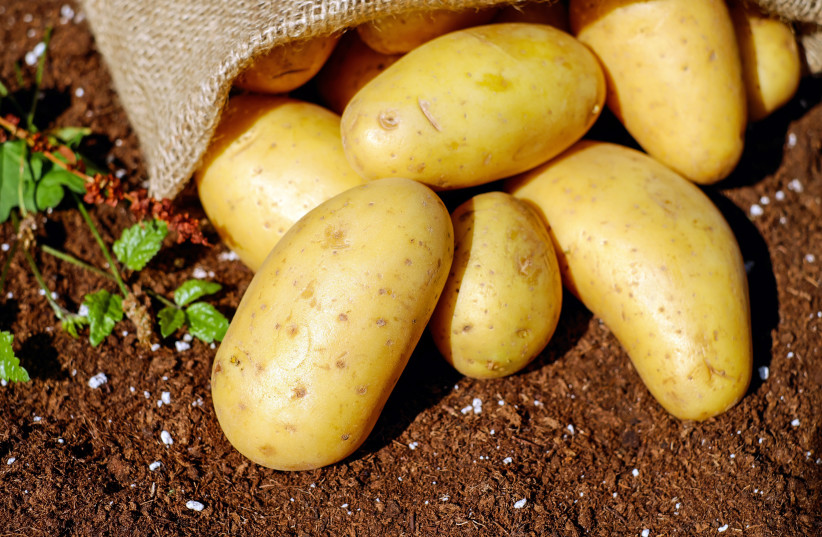This popular vegetable may be able to prevent cancer

New research has found that tomatoes and potatoes contain particularly powerful plant compounds that may help fight cancer. So how exactly does it work and is this really possible?
Advances in medicine and tech are helping scientists develop more advanced and effective cancer treatments.
In the search for possible, perhaps even natural candidates for cancer drugs with fewer adverse effects, researchers from Adam Mickiewicz University in Poland whose research was published in Frontiers in Pharmacology looked at glycoalkaloids, which are bioactive substances found in many vegetables such as potatoes and tomatoes, and their potential effectiveness in cancer treatment.
Magdalena Winkiel, the study's editor, said that scientists worldwide are still searching for drugs that will kill cancer cells yet won't harm healthy cells. The process is difficult despite advances in medicine and the development of modern treatment techniques.
So, it may be worthwhile to return to medicinal plants that were used years ago successfully to treat various diseases. Winkiel believes it's worth re-examining their characteristics and seeing if there's future potential.
Combined treatment to help fight cancer
The research team examined glycoalkaloids found in raw extracts from the solanine plant family. This plant family includes several foods some of which are toxic due to alkaloids they produce for protection from herbivorous animals. Previous studies show that poison can become medicine in the right amounts.
Glycoalkaloids are known to inhibit the growth of cancer cells and may kill them so there's potential for future therapies. Studies using computer simulation showed that glycoalkaloids aren't toxic and don't pose a risk of damaging DNA or causing future tumors, although there appears to be risks of certain negative effects on the reproductive system.
Kills cancer cells and prevents inflammation
After conducting in vitro and animal studies to assess which glycoalkaloids are safe and promising enough to test in humans, the research team highlighted solanine and chaconine, glycoalkaloids found in potatoes. The amounts of these in potatoes vary according to which variety they are and the temperature/light conditions to which they were exposed.
Solanine prevents metastasis along with stopping potentially carcinogenic compounds from converting carcinogens in the body. Also, research on a particular type of leukemia cells revealed that solanine can kill cancer cells when used in therapeutic doses. Chaconine has the potential to be used to treat sepsis because it has anti-inflammatory effects.
Solamargine inhibits the reproduction of liver cancer cells and targets cancer stem cells, which are expected to play a significant role in cancer drug resistance. So, it can be crucial as a complementary treatment. Solanine, which is present in various plants from the solanaceae family, is also thought to be able to attack cancer stem cells by targeting the same pathways.
Even tomatoes have the potential to be used in medicine in the future as tomatine helps the body regulate the cell cycle so it can kill cancer cells.
The research team noted that further research is needed to ascertain how the potential of these compounds can be effectively translated into real-world medical treatment.
Jerusalem Post Store
`; document.getElementById("linkPremium").innerHTML = cont; var divWithLink = document.getElementById("premium-link"); if (divWithLink !== null && divWithLink !== 'undefined') { divWithLink.style.border = "solid 1px #cb0f3e"; divWithLink.style.textAlign = "center"; divWithLink.style.marginBottom = "15px"; divWithLink.style.marginTop = "15px"; divWithLink.style.width = "100%"; divWithLink.style.backgroundColor = "#122952"; divWithLink.style.color = "#ffffff"; divWithLink.style.lineHeight = "1.5"; } } (function (v, i) { });

